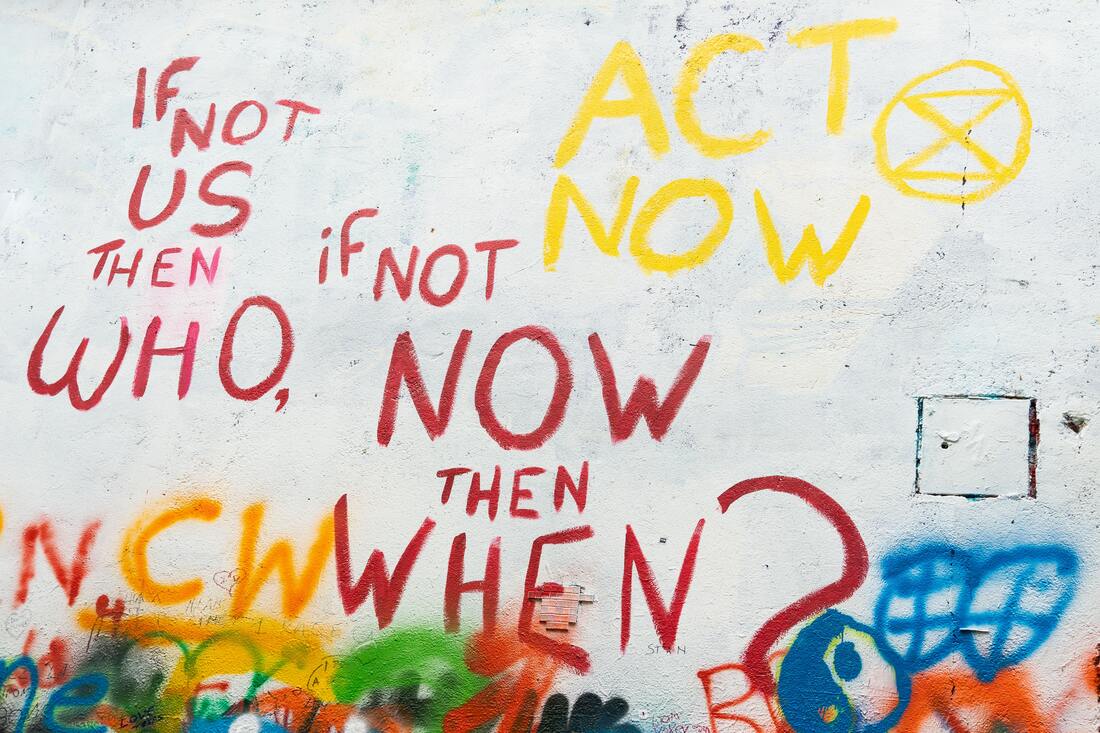|
|
|
Cross-posted from RACE.ED
As part of my final year at university, I completed research for my undergraduate dissertation, with a focus on the racial disparities within experience and attainment in higher education institutions. Bunce et al (2019) found that whilst 78% of white students are likely to receive a ‘good degree’ (2:1 or higher) only 66% of Asian students and 52% of Black students would reach the same classification, emphasising the hidden barriers for Black students. It was obvious that there was an invisible burden that many of the Black students I spoke to felt responsible to bear. One student described it as being the “Martin Luther King of the classroom”, the constant requirement to correct racism that goes ignored by those who are not Black. Another student further reinforced this point by describing how she felt that “…they are happy to ask the Black student what they should do but I think if it was other people’s problems, they would hire someone to find a solution…” These behaviours are not confined to the classrooms at universities but it is clear that these flippant expressions of racism are entrenched in practically every institution within the UK. For example, Parsons (2009) argues that policy is reactive rather than preventative; something has to occur before any form of retrospection is ensued by the institutions involved. The racist murder of Stephen Lawrence and the Macpherson report only confirmed the beliefs of many Black British citizens already.
Not only are we not protected by policy, but there is the expectation of Black people to conjure up solutions for the oppression that they face at the hands of other people.
Whilst imagined fears of the Black identity are being propagated to the masses by the media, the real and rife fear against the institutions in power that Black people live through is completely mute to the rest of society. There is no opportunity to flourish; fear against the system is the backbone of the Black identity. How do we change this? Firstly, the legislature needs to reflect society, and there needs to be greater diversity within higher levels of power across all institutions. There is greater impact if people are represented by those who have also lived through their struggles (Groeneveld and Van de Walle, 2010). It is 2021, and time to begin to acknowledge that racism exists as much as the sun, moon and stars do. You do not have had to experience racism to acknowledge it; the sun does not appear everyday where you may live, but you know it rises every day without fail. Recognising that racism exists allows for discussion on remedying these issues with the intention to learn how to better relationships between Black people and others. You can only know how to do something if you learn – without the willingness to learn, nothing will change. The generational impacts of racism are embedded in everyday life experiences of Black people. But there must and will be change, starting with the removal of responsibility placed upon the shoulders of Black people and transferred to those committing racist and prejudice acts. Get introspective and start looking at how you can positively contribute to improving racial inequality, because the silence surrounding the issue of racism is deafening. References Bunce, L., King, N., Saran, S. and Talib, N. (2019). Experiences of black and minority ethnic (BME) students in higher education: applying self-determination theory to understand the BME attainment gap. Studies in Higher Education, 46(3), pp.534-547. Groeneveld, S. and Van de Walle, S. (2010). A contingency approach to representative bureaucracy: Power, equal opportunities and diversity. International Review of Administrative Sciences, 76(2), pp.239-258. Parsons, C. (2009). Explaining sustained inequalities in ethnic minority school exclusions in England—passive racism in a neoliberal grip. Oxford Review of Education, 35(2), pp.249-265
Blog post by Deja Osei-West, Social Policy and Criminology, University of Birmingham
Cross-posted by RACE.ED.
Explore relevant Identities articles:
Racemaking in New Orleans: racial boundary construction among ideologically diverse college students Containment, activism and state racism: the Sheku Bayoh justice campaign Racial inquiries: law and the political visibility of racism in the Air India inquiry
0 Comments
Your comment will be posted after it is approved.
Leave a Reply. |
|
Explore Identities at tandfonline.com/GIDE |
|
The views and opinions expressed on The Identities Blog are solely those of the original blog post authors, and not of the journal, Taylor & Francis Group or the University of Glasgow.


